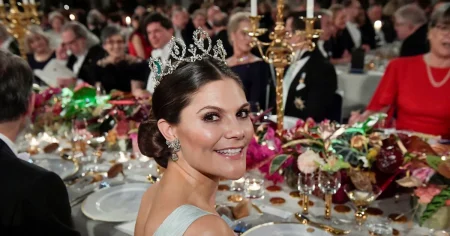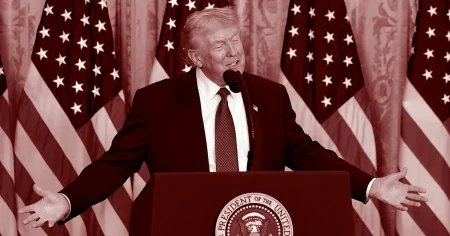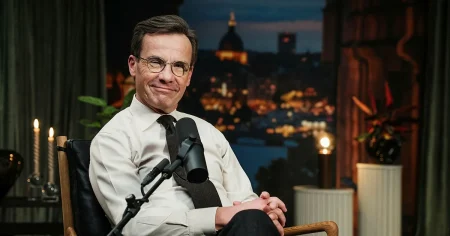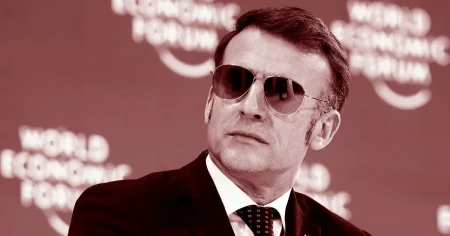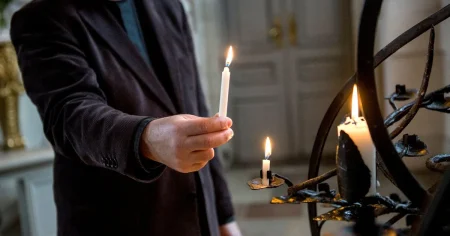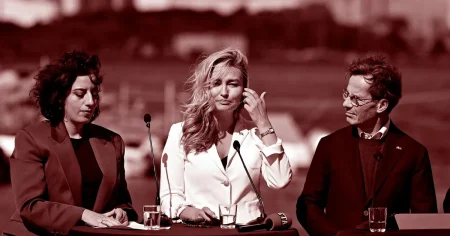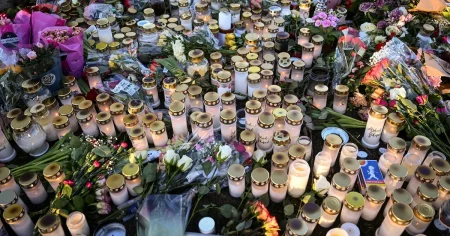Jevgeniya Albats, a journalist and author, paints a vivid portrait of Alexei Navalny, the deceased Russian opposition leader. She recalls his striking good looks, initially coupled with an awkward demeanor and a poorly executed haircut. However, Navalny possessed a quiet determination, diligently honing his political skills by studying American politics and mastering the art of oratory. He learned to ignite a spark in people, particularly the younger generation, who often felt disengaged from political discourse. This charisma, combined with his sharp wit and dry humor, reminiscent of Albats herself, allowed him to connect with a broad audience and build a significant following. He became a beacon of hope for those yearning for change in Russia.
Navalny’s political project was straightforward: to dismantle the oppressive regime of Vladimir Putin. This regime, however, is characterized by its blatant disregard for human life, even deriving pleasure from its destruction. Numerous opponents of Putin have met with untimely and suspicious deaths, falling from buildings, succumbing to mysterious illnesses, disappearing without a trace, or languishing in prisons. Navalny was acutely aware of these risks, yet he persisted in his opposition. His bravery remains a testament to his unwavering commitment to a free Russia. This raises the question: what drove him to continue in the face of such danger?
The question of courage becomes even more poignant when considering his wife, Yulia Navalnaya. During Navalny’s life, they clung to the hope that his fame would serve as a shield, believing that his growing prominence would make him too difficult to eliminate. Tragically, this proved to be a false hope. After being poisoned, tortured, and starved in prison, Navalny died in captivity. Now, Yulia Navalnaya has stepped into the political arena, declaring her intention to run for president and challenge Putin directly. She vows to do everything in her power to bring down the man responsible for her husband’s death. This act is nothing short of extraordinary, given the full knowledge of the fate that befell her husband.
Yulia Navalnaya’s decision to enter the political fray can be interpreted as a way to imbue her husband’s death with meaning. To surrender now would render their shared struggle for a free and democratic Russia meaningless. However, the courage she demonstrates, knowing the risks involved, is almost superhuman. She carries the torch of her husband’s legacy, facing the same oppressive forces that silenced him, and her determination serves as a powerful symbol of resistance against the Putin regime. This act of defiance transforms personal grief into political action, inspiring others to continue the fight for freedom.
Her strategy echoes Navalny’s philosophy of small acts of resistance, emphasizing the importance of never giving the totalitarian regime an easy victory. Every small step counts, she argues, echoing her late husband’s sentiments. They both championed the idea that even seemingly insignificant acts of defiance can contribute to a larger movement for change. These acts, when multiplied across a population, can erode the power of an authoritarian regime and embolden others to join the cause. This message of perseverance and unwavering resistance against oppression forms the core of their shared political philosophy. Their call to action resonates with the yearning for freedom and democratic values in a country stifled by authoritarian rule.
The central question remains: how does one overcome fear in the face of such ruthless tyranny? Both Alexei and Yulia Navalny have emphasized the importance of courage and resilience, urging their supporters not to be afraid. However, facing a regime that operates without conscience, the challenge of overcoming fear becomes monumental. Their unwavering commitment to their cause, despite the immense personal risks, underscores the profound belief they hold in the power of resistance and the hope for a better future for Russia. Their legacy continues to inspire, even in the face of overwhelming adversity, demonstrating that even in the darkest of times, the flame of hope can still burn brightly.







